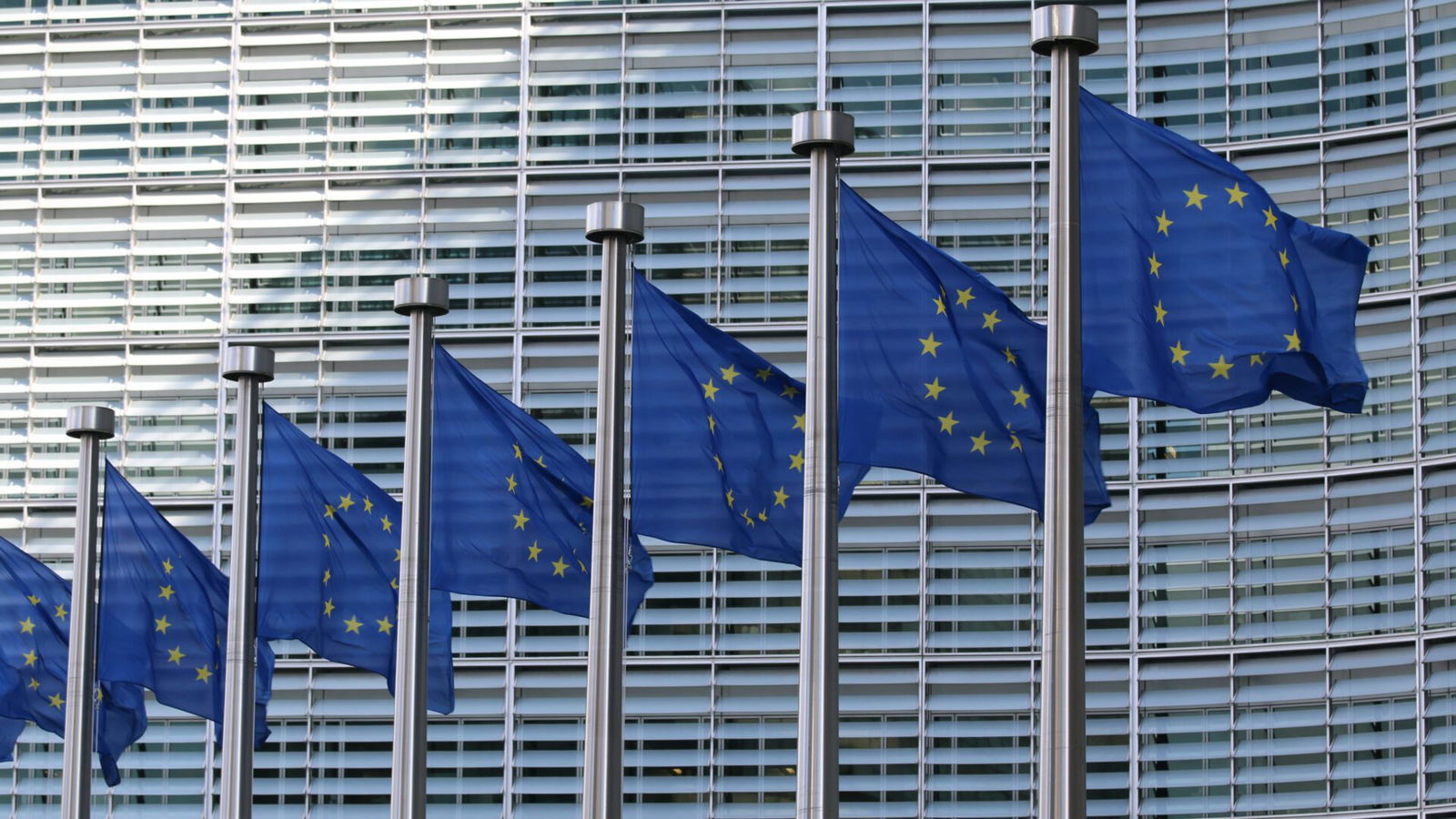
EU Legislators To Finalize Bill To Regulate Big Tech ‘Gatekeepers’ Like Meta, Google, Amazon, Apple
By Movieguide® Staff
Under the potential Digital Markets Act (DMA), Meta, Google, Amazon, and Apple could face landmark regulation in Europe.
According to Variety, the European Union Council and European Parliament recently reached a “provisional political agreement” regarding the DMA. The bill will reportedly become law in October.
The DMA outlines transparent rules and regulations for big tech companies and “ensure that no large online platform that acts as a gatekeeper for a large number of users abuses its position to the detriment of other companies wishing to access such users,” Variety reported.
As defined by DMA, EU gatekeepers are companies that have earned annual revenue of €7.5 billion ($8.2 billion) in the past three years or boast 45 million monthly users with 10,000 business users.
“Over these years as commissioner for competition, complaints have been coming through our doors. We had not one, not two, but three Google cases. We are now on the fourth. We had two Amazon cases before; we now have two open Amazon cases again. We have three Apple cases; we have a Facebook case. We have seen what can happen in a marketplace and we see the changes in the specifics in every case,” Commissioner for competition and executive VP Margrethe Vestager, said.
“The thing is that what we have learnt over these years is that we can correct in specific cases, we can punish illegal behavior, but when things become systematic, then we need regulation as well. If there is a systemic misbehavior, then we need regulation to come in,” the commissioner continued.
“Without enforcement, there is no real change on the ground,” she added.
Variety reported:
Big Tech firms deemed “gatekeepers” can no longer rank their own products or services higher than those of others; reuse private data collected during a service for the purposes of another service; establish unfair conditions for business users; pre-install certain software applications; or require app developers to use certain services like payment systems or identity providers in order to be listed in app stores.
If a gatekeeper violates the rules laid down in the legislation, it risks a fine of up to 10% of its total worldwide revenue. For a repeat offense, a fine of up to 20% of worldwide turnover may be imposed. Under the new rules, if a gatekeeper violates the rules at least three times in eight years, the European Commission can open a market investigation and impose behavioral or structural remedies. To make sure that gatekeepers do not undermine the rules set out in the DMA, the regulation also enforces anti-circumvention provisions.
According to Director General of the ACT, Grégoire Polad, the bill will encourage competition and healthy business.
“Targeting the regulation to genuine gatekeepers is the right approach,” he said. “This is good for business and innovation, but also good for democracy as harmful practices by the gatekeepers will no longer be tolerated, ensuring Europe’s rich and diverse media can flourish on a more equal footing.”
“We expect big tech to start complying with the new rules as soon as possible and we encourage the European Commission to proceed on the enforcement phase of the regulation,” Polad added.



 - Content:
- Content: 

 - Content:
- Content: 